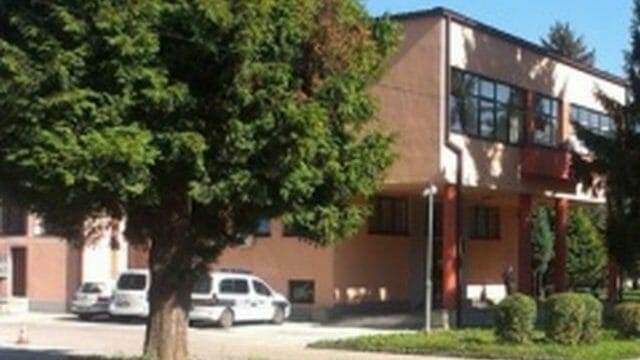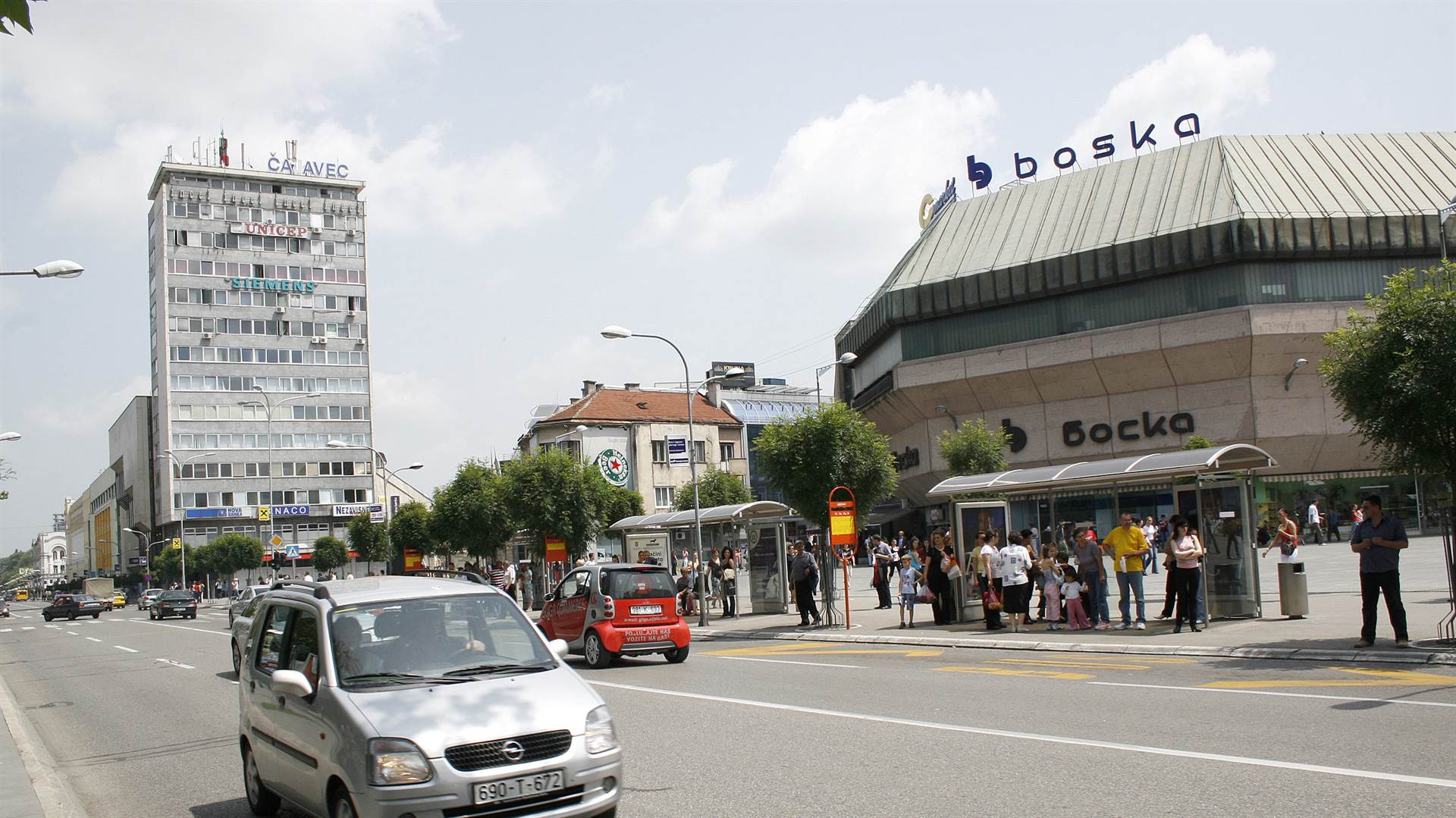This post is also available in: Bosnian
Nine people died as a result of a Bosnian Serb air attack on a civilian community in 1995 – but courts have yet to name or indict a single perpetrator
Fifteen years on from the bombing of settlement of Tesanjka, in the municipality of Tesanj, no one has been held responsible for the deaths of nine people and wounding of about 50 others. The youngest fatality was seven and the oldest was 68.
The attack on the mainly Muslim town, located near Doboj, northern Bosnia, took place on the afternoon of October 8, 1995.
Several bombs were dropped from a plane belonging to the Bosnian Serb Army of Republika Srpska, VRS. The plane was coming from the direction of the Bosnian Serb stronghold of Banja Luka in northwest Bosnia.
Victims’ families say the perpetrators of the attack have never been prosecuted because the judicial authorities cannot agree on who should be responsible for completing the investigation and filing indictments.
“I’m speechless; I would like to know who did it and what kind of man that was,” says Azra Skula, showing a picture of her son Haris, aged, seven, who died in the raid.
Just before the attack, Skula went for a walk with her two children because the weather was beautiful. When the explosions started, she was in a neighbour’s yard.
“I wasn’t aware of what was happening,” she said. “I was watching but couldn’t see anything because of the smoke.
“I started crawling because the children were with me. At one point, someone picked me up in a car and drove me to the hospital in Tesanj. I still didn’t know what had happened to my children,” she told Justice Report.
Skula was ater told that her son had died, while her daughter, then three, was wounded and in hospital in Zenica.
“Today we are both 80 per cent disabled,” Azra says of herself and her daughter, who is now 18.
Nedzad Cabric’s 17-year-old daughter, Nihada, was killed in the same air raid, while his daughter, Esada, was seriously wounded.
“Everything was calm because there was a ceasefire on,” Cabric recalls. “I was on the bridge over the river Tesanjka, fishing, when it all happened. I ran home and saw dead children and many wounded.”
Cabric and other relatives of the killed and wounded civilians are angry that nothing is yet known about those who were responsible for an air attack on a civilian community.
“Someone must have given the order,” he said. “The plane could not take off from the airport at Mahovljani, near Banja Luka, and come to Tesanjka just like that.”
In 1996 and 1997, wounded survivors and families of the dead victims delivered statements to the Cantonal Court in Zenica. But they say that no representatives of the judiciary have since contacted them.
A letter dated September 11, 2007, signed by the head of the Department for War Crimes in Zenica, reads: “An investigation is ongoing at this Prosecution Office, But on January 31, 2007, the case was submitted to the Bosnia and Herzegovina Prosecutor’s Office for a review, which is in accordance with prescribed procedure”.
Boris Grubesic, spokesman for the Bosnia and Herzegovina Prosecutor’s Office told Justice Report that after examination at he Bosnia and Herzegovina Prosecutor’s Office it was agreed that this is a sensitive case which should be prosecuted before the Entity or Cantonal Courts.
“In 2008, the case was returned for further action to the Cantonal Court in Zenica”, Grubesic added and explained that the Zenica Prosecutor’s Office disagreed with the assessment that the case was not sensitive and had returned the file again to the State Prosecutor’s Office, where it is still being analyzed.
Redzo Delic, Zenica’s Cantonal Deputy Prosecutor, said the case was returned to Sarajevo because “we believe the case is more complicated than the State Prosecutor assessed it.
“If the investigation is against the highest persons in command, or if there are more victims, those are criteria by which a case is evaluated as more or as less complex,” Delic said.
Under Bosnia’s National Strategy for the Prosecution of War Crimes, adopted in December 2008, so-called “sensitive” war crime cases must be transferred from the State Court and Prosecution to Entity Courts or to Prosecution Offices.
Only the most sensitive cases remain the responsibility of the Bosnia and Herzegovina Prosecutor.
The criteria for evaluating the complexity of cases are the gravity of the criminal offense and the rank of the suspect or accused at the time of the crime.
Until judicial institutions agree on who was responsible for the air attack on Tesanjka, there is little hope that the perpetrators of the fatal raid will ever be brought to justice.


